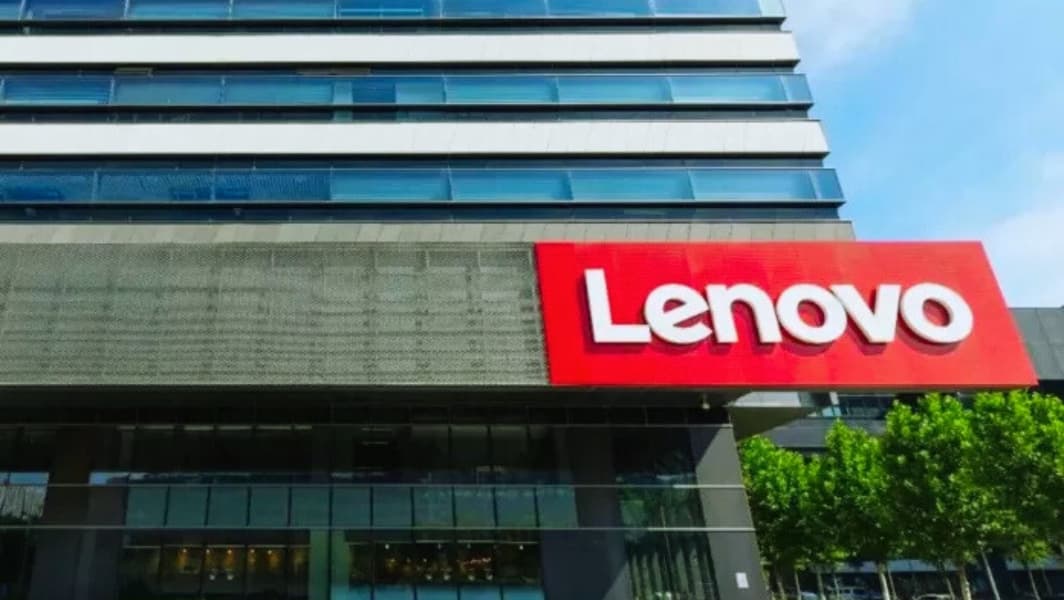
Lenovo Triumphs in UK Court, Secures Interim Licence to Use Ericsson's 5G Patents
Court of Appeal Overturns Previous Ruling, Granting Lenovo Access to Ericsson's Crucial 5G Technology Amid Ongoing Licensing Dispute
Lenovo has emerged victorious in a significant legal battle with Ericsson, winning an appeal in the UK Court of Appeal that grants it an interim licence to use Ericsson's essential 5G patents. This development marks a major step in the ongoing global licensing dispute between the two tech giants.
The Court's decision overturned an earlier ruling by the High Court, which had denied Lenovo an interim licence for the use of Ericsson's patents while the wider legal dispute continues to unfold. With this ruling, Lenovo now has the right to access Ericsson's critical 5G technology, pending the resolution of the larger issue of patent licensing.
Background of the Dispute
At the heart of the case is a long-standing dispute over the licensing of Ericsson’s patents, which cover essential 5G technology. Ericsson, a major player in the global telecommunications sector, owns a vast portfolio of patents that are essential for the operation of 5G networks. These patents are deemed vital to the functioning of mobile communication networks, making them crucial for manufacturers like Lenovo who rely on this technology to produce 5G-capable devices.
Lenovo, the Chinese technology company known for its range of laptops, smartphones, and other electronic devices, had been in negotiations with Ericsson regarding the licensing of these patents. However, the two companies were unable to reach a satisfactory agreement, leading to a legal dispute.
The Court of Appeal’s Ruling
The UK Court of Appeal’s decision to grant Lenovo an interim licence is a temporary but important victory for the company. In its ruling, the court determined that Lenovo should be allowed to access the necessary 5G patents while the ongoing legal battle continues. This interim licence will enable Lenovo to continue its production of 5G-enabled devices without the immediate risk of further legal action from Ericsson.
The Court of Appeal’s decision is particularly significant because it overturns the High Court's earlier ruling, which had sided with Ericsson, denying Lenovo access to the patents during the litigation process. The Appeal Court’s decision was based on the grounds that Lenovo would be unduly harmed if it were not granted an interim licence, as the absence of access to the crucial patents would disrupt its business operations and its ability to compete in the global 5G market.
The Broader Implications for the Tech Industry
This ruling has wider implications for the global tech industry, particularly as the rollout of 5G technology accelerates worldwide. Ericsson’s patents cover key aspects of 5G, and other companies, like Lenovo, are dependent on these patents to build devices that are compatible with 5G networks. The Court of Appeal's ruling underscores the critical importance of patent licensing agreements in the tech industry, especially for next-generation technologies like 5G.
The case also highlights the growing importance of patent disputes in the rapidly evolving telecommunications sector. As 5G technology becomes more pervasive, the need for companies to secure access to essential patents becomes more pressing. Patent licensing negotiations, however, can be complex and contentious, as companies like Lenovo and Ericsson struggle to agree on terms that are fair to both parties.
What’s Next for Lenovo and Ericsson?
Although Lenovo has secured this interim licence, the broader legal dispute over patent licensing remains unresolved. Both companies will continue to negotiate the terms of a long-term agreement. However, the outcome of the case may set a precedent for future licensing disputes in the 5G era, influencing how companies handle patent licensing and how courts intervene in such cases.
Ericsson has not yet indicated whether it will seek to appeal the decision or take further legal action. However, the company is likely to remain involved in the ongoing dispute, as its 5G patent portfolio is a major source of revenue, and it has previously stated that it intends to protect its intellectual property rights vigorously.
Conclusion
Lenovo’s success in securing an interim licence from Ericsson in the UK is a significant development in the ongoing battle over 5G patents. While the dispute is far from over, the Court of Appeal's ruling provides Lenovo with the legal framework to continue its 5G device production. As the case unfolds, it will likely have wider ramifications for the telecommunications industry and could influence how future patent licensing disputes are resolved in the 5G era.